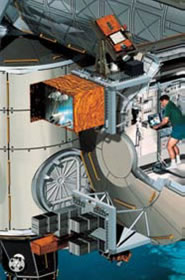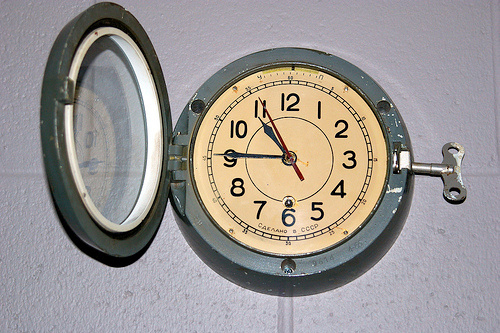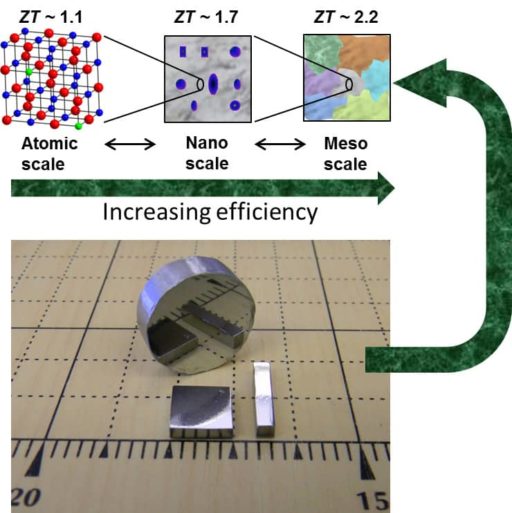Time is undoubtedly the most important thing in life. We can’t measure it properly. Clock is the unique thing that helps us to keep in touch with time. The clock that we everyday use, is not accurate literally, though it doesn’t matter for our everyday life. but in space, it’s an important thing. A new project called Atomic Clock Ensemble in Space (ACES) has been planned where the most accurate clock ever will be sent into space. The project will test a new generation of atomic clock in space. This clock will be 100 times more accurate than Earth’s clocks those we use.

International Space Station will soon host the most accurate clock ever. It will allow for better synchronization of clocks on Earth and also probe exotic physics. The experiment will be built by EADS Astrium and is scheduled to fly to the space station in 2014, the European Space Agency announced last week. It will keep track of time by measuring the frequency of microwaves absorbed by cooled caesium atoms.
On Earth, the accuracy of caesium clocks is limited by gravity. The atoms are cooled by using lasers to slow them down, then tossed upwards into a cavity where measurements are made to determine the precise frequency of microwave radiation that they absorb and emit. In microgravity, the atoms linger in the cavity, allowing for longer and more accurate measurements, explains John Prestage of NASA’s Jet Propulsion Laboratory in Pasadena, California, who is not involved in the project.
ACES should be at least 100 times as accurate as the clocks on GPS satellites, adds Prestage.
It’s the first time experiments like this have taken place in space, so a lot of physicists are hoping they can pull it off and learn more about the Gravitational Frequency Shift, Time Variation of the Fine Structure Constant, and Test of Special Relativity amongst other things.




